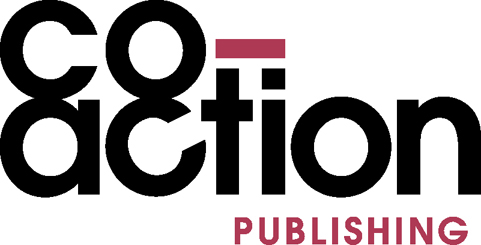European Journal of Psychotraumatology: Bringing gender equality to psychotraumatology research
Industry: Books
The "European Journal of Psychotraumatology" announces new guidelines requiring sex and gender reporting in all research published by the journal.
Stockholm, Sweden (PRUnderground) June 10th, 2016
It was during a conference on women’s mental health in Tokyo last year that European Journal of Psychotraumatology Editor-in-Chief Miranda Olff determined that changing the journal’s gender policy guidelines could wait no longer.
She immediately dove into the project, connecting with Shirin Heidari, a member of the European Association of Science Editors’ Gender Policy Committee.
Working with the association, following their recommendations, Olff, with the aid of EJPT’spublisher, drafted the new guidelines that she believes will have significant implications for the collective understanding of sex and gender-based differences in mental health research, and eventually impact treatment plans – both in terms of medication prescribed and psychotherapeutic approaches taken.
Olff explains: “We know, for instance, that there are differences in the neurobiology of stress responses between men and women. In brain research, less then 2 percent of studies include female subjects (both human and animal). Our oxytocin research is a perfect example of where we observe sex-based variances.”
This is separate from gender differences, which, she adds, should also be accounted for in studies. “When it comes to stress responses, women are more likely to seek social support than are men; and the lack of social support is the strongest risk factor for PTSD.”
More women suffer from PTSD than men, said Olff, “because of differences both in neurobiological and psychosocial areas.” Requiring researchers to report details regarding sex and gender in their studies, she believes, will lead to much deeper understanding of how the two influence the condition.
“At this point, we know very little about how these differences, both in terms of sex and gender, affect treatment of say, PTSD; some studies indicate female PTSD patients might benefit more from psychotherapy but there have been few studies to date rigorously addressing the issue,” said Olff.
“This is a vast field to explore. In this era of personalized medicine, of giving the individual patient the best possible intervention matching his or her profile, sex and gender can no longer be ignored.”
Olff is excited about EJPT being at the forefront of the movement requiring sex and gender reporting in research. Per the new guidelines, every article published in EJPT must:
- report the sex of research subjects
- justify single sex studies
- discriminate between sex and gender (mostly for human research)
- analyze how sex or gender impact the results
- discuss sex and gender issues when relevant
Full details regarding EJPT’s author guidelines can be found on the journal website.
————————————
The European Journal of Psychotraumatology (EJPT) aims to engage scholars, clinicians and researchers in the crucial discourse about how to prevent post-traumatic stress syndrome and other trauma disorders, and how to intervene in the wide spectrum of post-traumatic situations using the latest research in these areas.The entire special issue is freely available online at the European Journal of Psychotraumatology.
About Co-Action Publishing
Co-Action Publishing is an international Open Access scholarly publisher based in Scandinavia. Our growing portfolio of journals and books cross academic fields. All Co-Action Publishing content is published immediately online under a creative commons license allowing free use and re-use.



